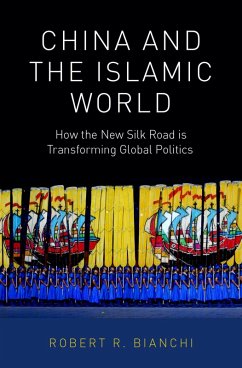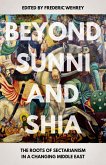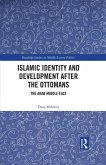China is building a New Silk Road that runs through the heartland of the Muslim world, promising it will create integrated economies and stronger ties across Eurasia and Africa. Robert R. Bianchi argues that while China has the financial and technical resources to accomplish its infrastructure goals, it is woefully unprepared to deal with the social and political demands of its partner countries' citizens.
China and the Islamic World explores how China's leaders and citizens are learning-through their relationships with Pakistan, Turkey, Indonesia, Iran, Nigeria and Egypt-that they have to respect and adjust to the aspirations of ordinary people throughout the Islamic world, not just cater to the narrow band of government and business elites. Bianchi demonstrates that turbulent countries along the New Silk Road are likely to transform Chinese society at least as much as China changes them. This realization will be deeply unsettling for China's authoritarian rulers, who desperately want to monopolize power domestically. The party and state bosses have responded to challenges with a contradictory blend of flexibility abroad and rigidity at home, compromising with popular demands in one country after another while refusing to negotiate many of the same issues with their own citizens. This book shows how China faces a growing struggle to maintain their double-sided statecraft as it becomes apparent that the New Silk Road is not a one way street.
Dieser Download kann aus rechtlichen Gründen nur mit Rechnungsadresse in A, B, BG, CY, CZ, D, DK, EW, E, FIN, F, GR, HR, H, IRL, I, LT, L, LR, M, NL, PL, P, R, S, SLO, SK ausgeliefert werden.
Hinweis: Dieser Artikel kann nur an eine deutsche Lieferadresse ausgeliefert werden.









